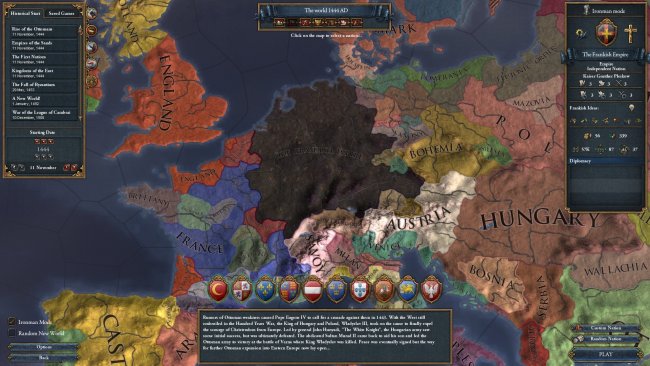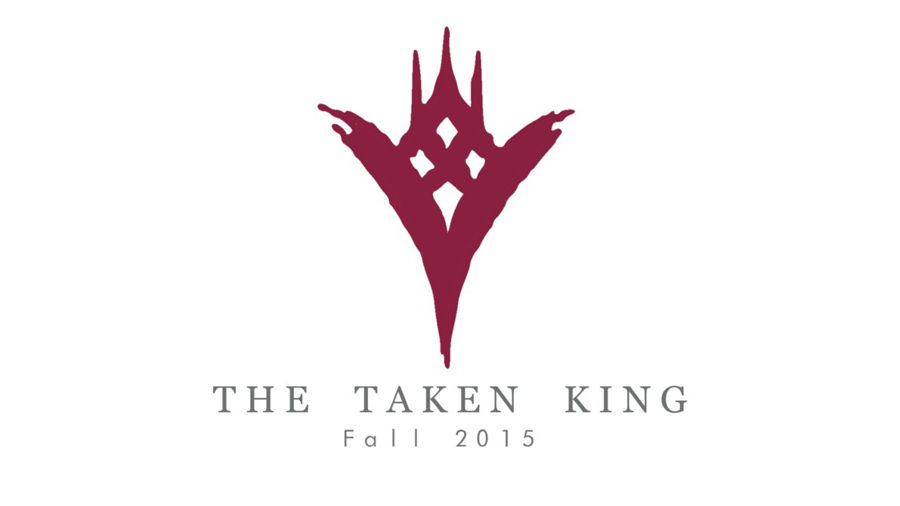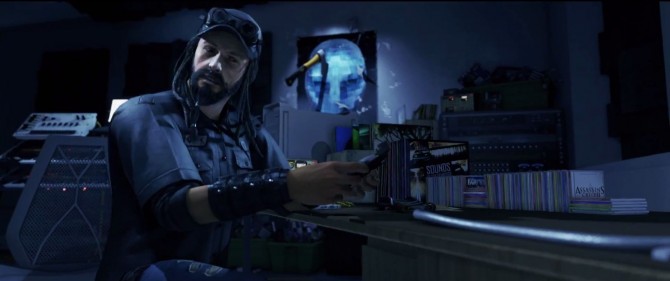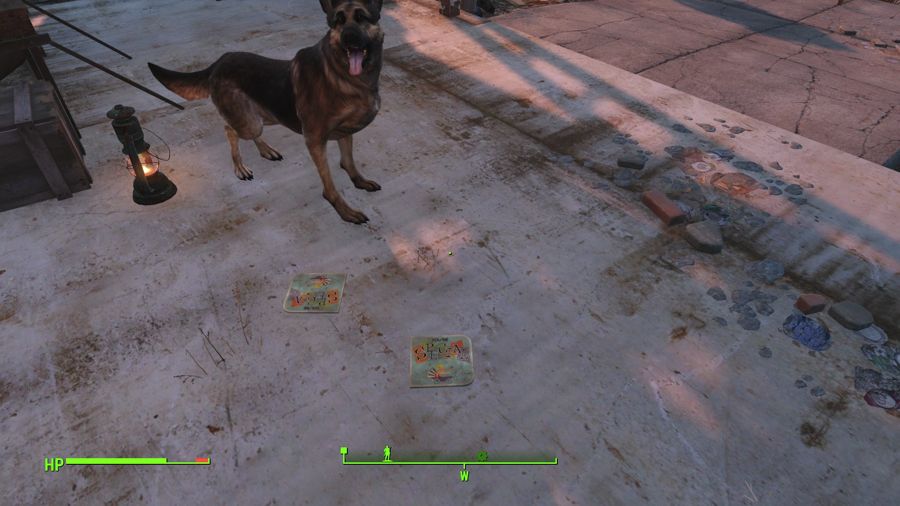

Warning: this article is riddled with spoilers for the entire Mass Effect series
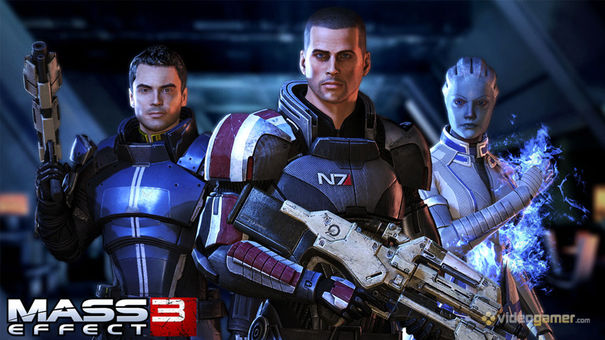
Oh man, BioWare got so close. The three Mass Effect titles exist in an engaging and textured universe, filled with some of the most wonderful characters I've ever seen in games - though, for the most part, it's the male aliens whose flames burn brightest; Garrus, Mordin and Wrex elicit such joy from me that it's likely I will one day collect them in action figure form.
If modern triple-A gaming is more obsessed with building worlds than characters - and I wager that it is - BioWare has pretty much trumped everyone else by creating an entire galaxy and fleshing it out with people you actually care for. That's not a bad accomplishment for a game whose most nuanced way of handling conversation is to have a camera linger around Miranda's arse as if the thing projected its own gravitational field.
Yes, I know, but the ending. Whatever you think of Mass Effect 3's muddled finale, whether before or after viewing it through the lens of the Extended Cut DLC, you shouldn't forget the scale of BioWare's mammoth achievement. Mass Effect is a Sci-Fi universe that genuinely rivals anything else seen in modern fiction, and that's even in the face of William C. Dietz attempting to unravel it with a terrible spin-off novel. The fact Mass Effect is laced with so much obvious potential is exactly why the ending leaves me feeling a bit flat.
Mass Effect 3's ending is alright, and the new epilogue DLC makes it slightly more alright. But BioWare's final stop doesn't feel like a pure finale, but more like the pre-determined results of a computer that's swallowed your choices over the trilogy and spat out a hideous twisted result from a miniscule list of options. It's like a relationship quiz you find in the back of a magazine - you've answered mostly B, you really need to get out there, girlfriend, and spice up that love life.
Extended Cut adds a bit more than the YouTube epilogues currently going around the internet, mind. One of the most illuminating additions is the chance to have a longer chat with the Star Child, who sheds some light on how the Reapers came to be. BioWare also adds a few scenes to smooth out the transition between the London battle and magical space station - it makes it clear your two party members aren't obliterated in the frantic dash to the portal, for instance, and undoes some of its sillier stunts from the original ending; the Mass Effect relays are now damaged instead of destroyed, for instance.
BioWare isn't answering everything, however - though a few more titbits of knowledge can be squeezed out if you press all the conversation options. Much of it is mechanical information that's begging to be incorporated into Wiki articles, and it's clearly being incorporated to satiate the most ardent fans.
But the biggest addition, of course, is the montage of static shots after the ending cinematic and a new voiceover detailing more precisely what's happened to the galaxy. BioWare understands the mechanic aspects of its narrative construction - love, danger, adventure and so on - and has a good stab at getting it all out in the correct order and everything, but the problem with the ending is that it has attempted to be too definitive. You simply can't please everyone.
If you ask me, the best bits of Mass Effect are the ones that feel seamless and natural - I simply adore the sniper contest between Shepard and Garrus back at the Citadel, for instance - and in the face of its better moments (Mordin's sacrifice, the scenes on Rannoch) the game's 'choose from a list of three' (now four) endings feels forced and abrupt.
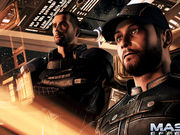
Quite frankly, Mass Effect 3's ending disappoints me because it both starts too late (this is a modern trend in serialised media, where authors spend so much time progressing towards a finale that they give themselves very little time to actually close their fiction) and attempts to tie everything up with a neat and tidy bow, as if BioWare wants to cauterize its game at this point in time for posterity. But with so many characters, plot points and interstellar events, BioWare's futile task leaves them attempting to gift-wrap an elephant with half a sheet of shiny paper.
But BioWare also wants their ending to be a massive blockbuster epic. To be fair, BioWare has always managed to accomplish quite a lot with its slightly clunky character models, even if Shepard does arms-crossing animation so many times you start to wonder if it's a coded message from one of the team's animators. But the logical thinking is that Mass Effect is a big series so it needs its ending to be really big, and wants to take on a cyber apocalypse as a bio-organic race of alien monsters harvest the remnants of galactic society in order to pre-empt a robotic uprising and all-out universal war.
I'll be clear: the Extended Cut does make the game's ending better, with the added context adding some texture and clarity. But none of this matters, really. Fans were desperate for closure, but showing them, say, Jacob reuniting with Brynn Cole doesn't give them what they want - it's all too much information attempting to be too big, too dramatic, delivered scattershot into an audience having its brain frazzled with all this moving imagery and an ADHD plot that refuses to stay still. It needs to slow down and add some character to its context, but BioWare can't (and won't) do it because it's too afraid: it's a blockbuster, AAA game and, good heavens, we can't possibly do an ending that's not cranking it up to 11.
I believe BioWare tried to go big without thinking about it, but I've been racking my brains and thinking of how to round off Mass Effect 3 with the resources available. The biggest thing to acknowledge, if you ask me, is closure - and more specifically that you can't provide enough closure within the game's narrative. It's simply not going to happen.
So, how would you end Mass Effect 3? My answer is to trim it down. So, on top of the Extended Cut DLC, I would make two simple changes:
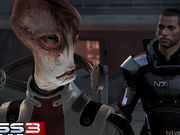
This is a sequence already in the game, but it is not limited by time - you can chat to everyone, and despite the narrative urgency I was half expecting Shepard to dial into his Netflix account and update his Twitter before signing off. I would modify it to allow you greater choice of who you're able to call but with the caveat that you've only got time to speak to one person.
Mass Effect, at its best, is a series that weaves an elegant illusion of choice, and in giving you this option you are being handed a significant, powerful choice. Do you say goodbye to Ashley? Do you speak to Garrus, your protégé, and tell him he's ready to handle things when you're gone? Do you tell Hackett all he needs to know to ensure survival of the galaxy? This choice does not need to be grand to be effective, and it sets the tone for what follows: Shepard is putting his affairs in order before he dies, and the player gets to choose what happens.
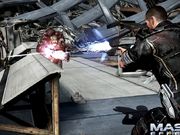
As Shepard dies, so does the player's window into this universe - and all three endings would make it clear that he definitely dies, instead of the potentially wishy-washy waking up in the rubble scene we have now in the Destroy finale. As he disintegrates in the laser beam, the screen fades to black and the credits roll.
Shepard won't know what happens afterwards, and neither will we. The fact that the player chose a future will become the game's final act, making the act of choosing itself the key part of the ending. Shepard can't (and for the most part doesn't) get to see the fruits of his labour, but the Star Child's explanations are enough - we already know how the universe will adapt and change based on the brief descriptions we are given, and also our actions throughout the games themselves. Your view on the universe should be far more hopeful if Wrex is in charge of the Krogans and the Quarians and Geth have found peace, for instance.
Most importantly, the player's mind and imagination will do the work that millions of pounds of CGI could never achieve.
